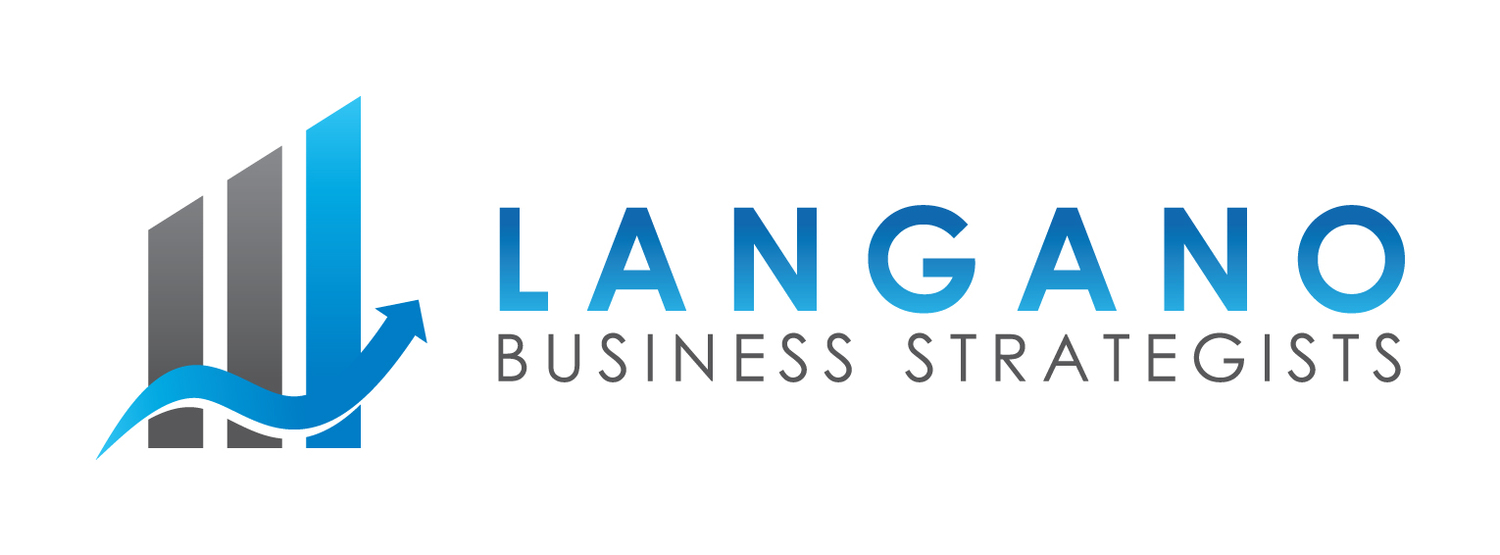Decision making is something that has an enormous impact on our lives although we don’t give it much attention. The average adult makes around 35,000 somewhat conscious decisions each day – and if you’re in management or leadership it is likely to be a whole lot more. Despite this, in findings shared by McKinsey after surveying 1,259 participants who are members of their Online Executive Panel, decision making is not really a strong suit of leaders and managers (only 20% believe their organisations are actually good at it) and this is coming at big costs to business. Interestingly though, there are some things that all of the best decision makers are doing – and they’re things every organisation can adopt.
The cost of ineffective decision making
McKinsey’s research showed that on average, respondents spend 37% of their working time making decisions – and they themselves believe that more than half of this time is spent ineffectively. For managers at an average Fortune 500 company, this could translate into more than 530,000 days of lost working time and roughly $250 million of wasted labor costs per year. Research from Bain Researchers in 2017 found that decision effectiveness is 95% correlated with financial performance, so the cost of ineffective decision making can be huge.
The Research Says
McKinsey’s research identified that companies who excel at making decisions have some best practices that contribute to their good decision making. The 20% of respondents who believe their organisations are good at making decisions are defined as “winning organisations” and are those making high-quality decisions fast, executing quickly and demonstrating higher growth or returns from their decisions in contrast to the rest of respondents.
These organisations:
Make decisions at the right level: Delegating – plain and simple. Is this a decision you need to make or can you trust someone else to make it for you? How much of the every-day comes back to you? How much do you really know about the every-day? [When respondents say decisions are made at the right level—which, in many cases, means delegating decisions down to lower levels of the organization—they are 6.8 times more likely to be part of a winning company]
Focus on enterprise-level value at all costs: Does it work towards your strategy? Resources should be allocated where they are needed and where they make a difference in driving the organisation forward. If these decisions are not contributing to that, then what’s the point in investing time and energy into them? [Those organisations that do focus on enterprise-level value are much more likely (2.9 times) than others to be a winning company]
Get commitment from the relevant stakeholders: Commit to the decision. When a decision is made, create a culture where execution is the priority. [When respondents say their companies are committed to execution—which requires that accountable stakeholders know the decision process was robust and that these people were involved in a meaningful way—they are 6.8 times more likely to be at winning companies.]
Improving your decision making
The good news is that by channeling those three traits great decision making organisations have in common, any organisation can improve their decision making. Here’s what you should do…
Understand decision types and deal accordingly
Some decisions need to be made by top level, some don’t. By breaking decisions down and assigning them to the right people, you put your organisation at an advantage. This encourages accountability and is critical for fostering commitment. While it can mean involving more people and getting more buy-in, that doesn’t mean you have to compromise on speed. You don’t have to reach a unanimous vote, just one where everyone in the decision-making team is at least considered – and that team is at the right level for the decision.
Focus on quality and speed
For any decision where the level of organisational risk is low or can be easily mitigated, or where the decision can be undone once it has been made, velocity is more important than quality. On the other hand, where organisational risk is high, quality is critical and ensuring the right process is in place to reach a suitable outcome is critical.
Create a process
Decision making doesn’t need to be difficult, you don’t always need mind-maps, crystal balls, in-depth analysis and days invested. You just need to be clear on one thing: how does this align with our strategic objectives? Does it have a big impact? Does it put us closer towards achieving those objectives? These questions should always be at the forefront of the decision-making process, because even if it’s something mundane, it has an impact that may be small or may be big.
So, think about it, how much time and effort does decision making take in your work life? Is there room for streamlining it? How can you improve it? Do an audit of the above elements and you’ll find the answers!
To read McKinsey’s full report and learn more about effective decision making, click here.
